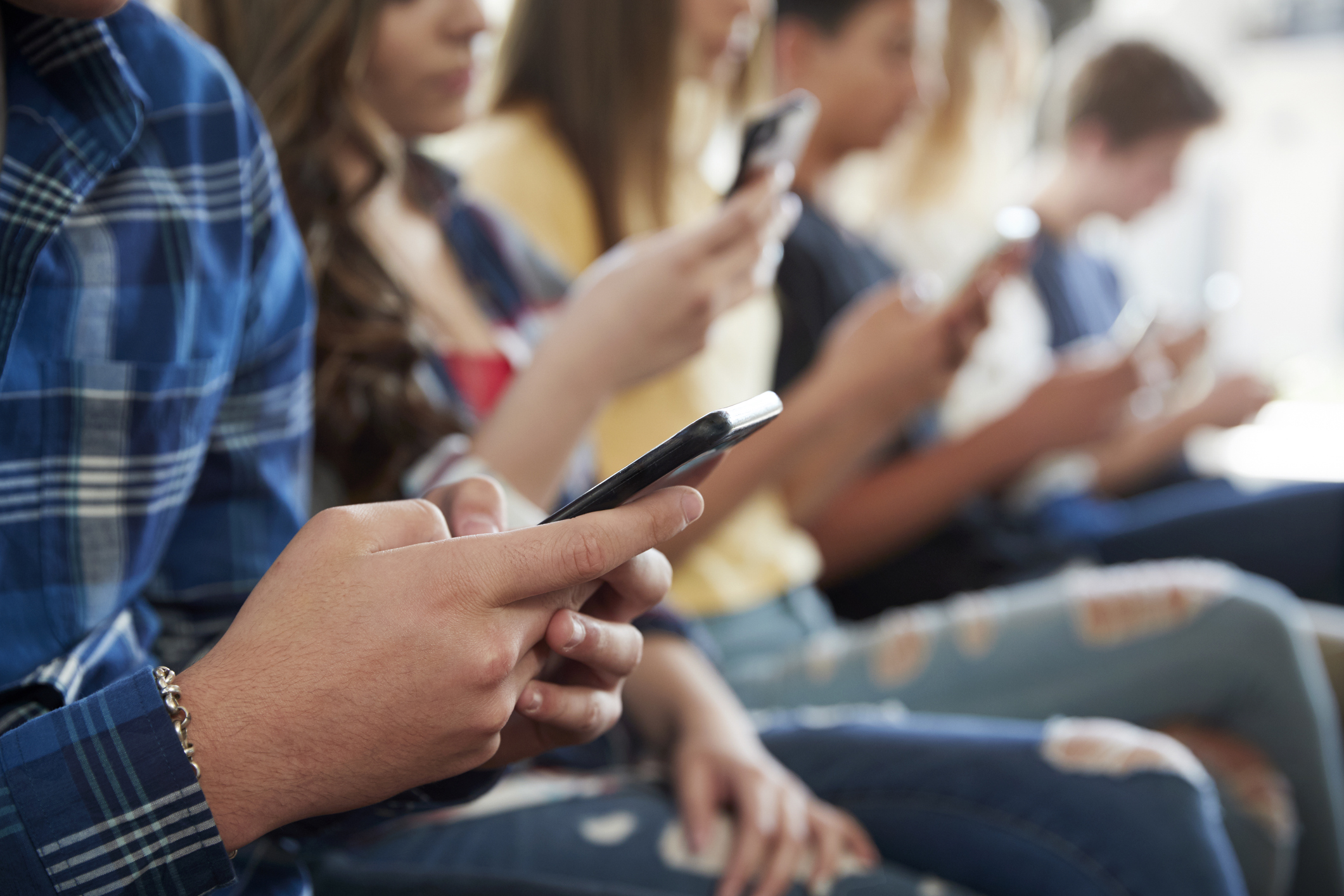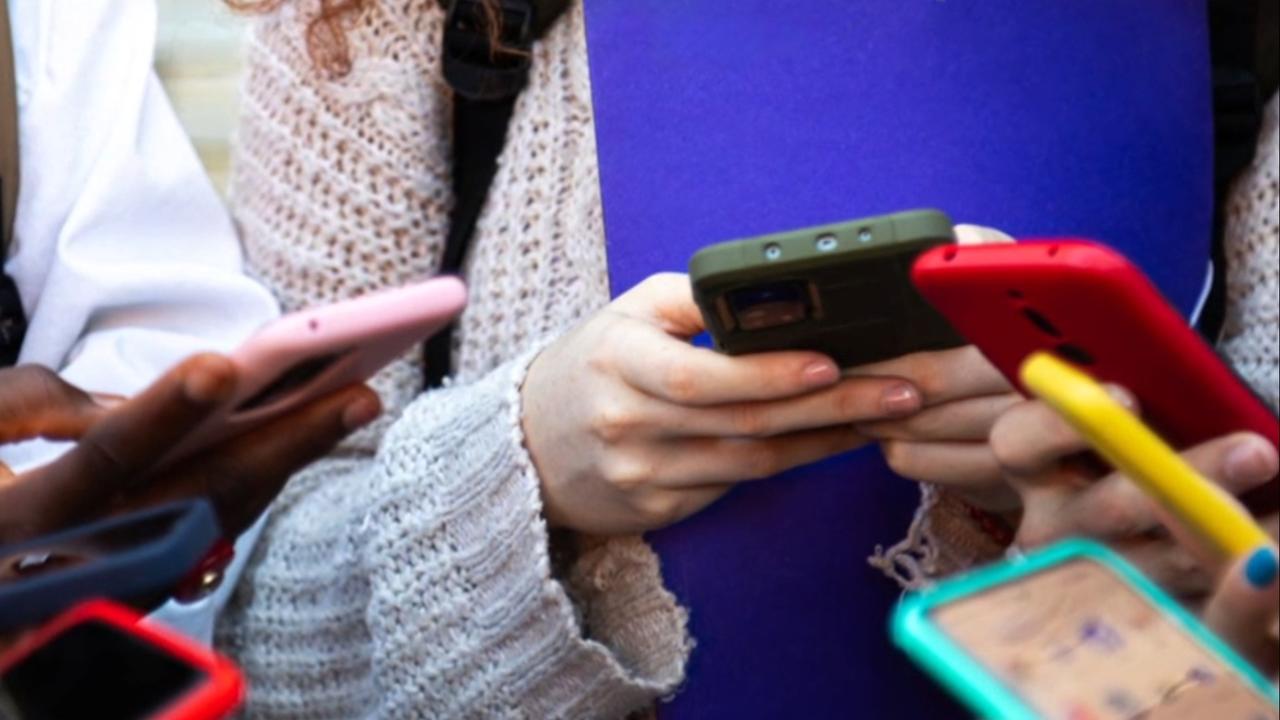A recent analysis reveals that more than half of U.S. states are taking action to ban or limit cellphone usage in K-12 schools. This trend is driven by concerns over the disruptive nature of phones in classrooms and the ongoing issue of cyberbullying.
However, many parents consider cell phones essential for ensuring their children’s safety, particularly in emergencies like school shootings. This highlights the ongoing debate about balancing the potential distractions posed by mobile devices with the need for communication and security.
The findings indicate that seven states, including Florida, Louisiana, and Virginia, have already implemented bans or restrictions on cellphone use in schools. Additionally, state education departments in six other states have proposed policy changes or launched pilot programs aimed at addressing cellphone usage.
In 14 more states, legislation has been introduced to restrict or prohibit cell phones in educational settings, indicating a growing movement toward regulating device use in schools.

To enforce these restrictions, some schools require students to store their phones in secure pouches that can only be accessed at the end of the school day or during emergencies. This method aims to minimize distractions while still allowing access in critical situations.
Furthermore, numerous school districts are proactively establishing their own cellphone policies, which may not be reflected in state-level analyses, thus indicating a localized approach to managing device use.
The effectiveness of these cellphone bans remains uncertain, with emerging research producing mixed results regarding their impact on student outcomes.
Some studies suggest that restricting phone use leads to improvements in mental health, academic performance, and a decrease in bullying incidents, while others indicate minimal or no significant changes. As schools continue to navigate this complex issue, the question of whether cellphone bans enhance the educational environment for students remains open to further exploration.







Leave a Reply